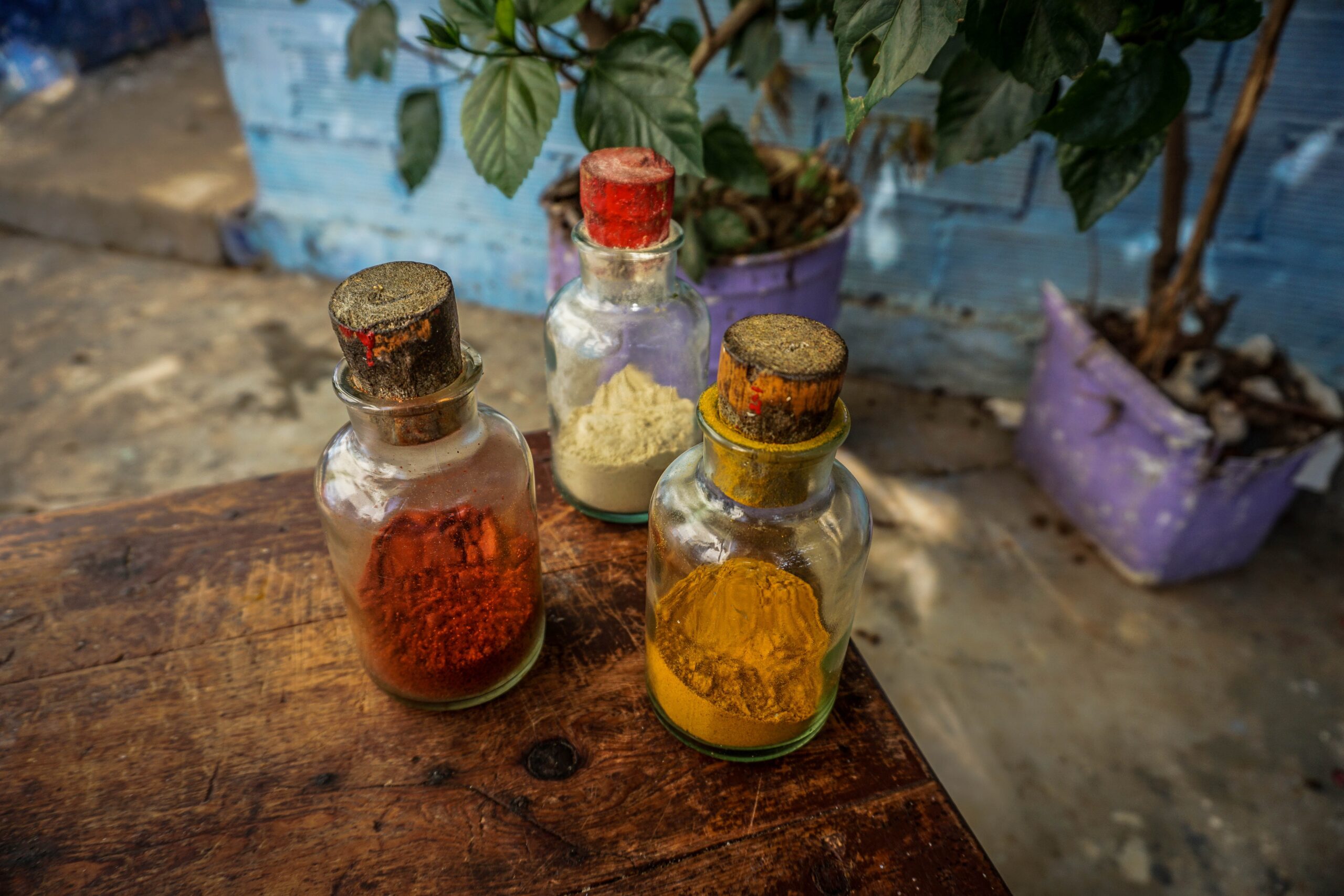Africa, the cradle of civilization, is a continent endowed with a wealth of natural resources, cultural diversity, and ancient wisdom. Among its most treasured heritage are the traditional African herbal remedies, which have been utilized for centuries to treat various ailments and promote overall well-being. Today, as we delve into the origins of these remedies, we discover a fascinating journey that not only encompasses the vast African landscape but also reflects the deep-rooted connection between nature and human health. Join us as we explore the historical significance of African herbal remedies and celebrate their continuing influence in our modern lives.
Table of Contents
A Tapestry of Ancient Traditions
Africa’s herbal medicine practices trace back thousands of years, intertwining with indigenous belief systems, cultural practices, and spiritual beliefs. From the ancient Egyptians to the tribes of West Africa, traditional healers and herbalists played a crucial role in their communities, passing down knowledge from one generation to the next. These herbal remedies were not merely used for physical healing but also held significant spiritual and cultural importance.
Influences from Nature
The African continent boasts an extraordinary biodiversity, with a wide array of flora and fauna. The varied climates, landscapes, and ecosystems have nurtured an exceptional diversity of plant life, rich in medicinal properties. African herbalists developed an intimate understanding of their surroundings, identifying and harnessing the healing potential of indigenous plants.
Plants such as aloe vera, moringa, rooibos, baobab, and neem are just a few examples of African botanical treasures that have gained global recognition for their medicinal properties. These plants contain a plethora of active compounds with anti-inflammatory, antimicrobial, and antioxidant properties, making them valuable in treating a wide range of ailments from digestive disorders to skin conditions.
Holistic Approach to Healing
African herbal remedies are deeply rooted in a holistic approach to health and wellness. Traditional healers understood the interconnectedness of the body, mind, and spirit, recognizing that imbalances in one aspect could manifest as illness in another. Herbal medicine was not limited to symptom alleviation but aimed to restore harmony and balance to the entire being.
Moreover, African herbal remedies were often accompanied by rituals, prayers, and spiritual practices, acknowledging the spiritual dimension of healing. These practices fostered a sense of community and provided emotional and psychological support to individuals seeking wellness.
Preservation and Modern Applications
Despite the challenges posed by colonization and the introduction of Western medicine, African herbal knowledge persevered. Today, there is a growing interest in traditional African medicine, both within and beyond the continent. Efforts are being made to document and preserve this invaluable knowledge, ensuring that future generations can benefit from the wisdom of their ancestors.
Moreover, the integration of African herbal remedies with modern healthcare approaches is gaining momentum. Researchers and scientists are studying traditional remedies, validating their efficacy, and exploring their potential for modern drug development. This collaboration between traditional healers and the scientific community holds promise for the development of new medicines and a deeper appreciation of the healing power of nature.
Embracing Our Heritage
As we reflect on the origins of African herbal remedies and their continued influence, it is essential to recognize and celebrate this remarkable heritage. African communities worldwide are reconnecting with their roots, embracing traditional healing practices, and finding solace in the wisdom of their ancestors. By appreciating and incorporating African herbal remedies into our lives, we not only honor our ancestors but also contribute to the preservation of diverse healing traditions and promote a more holistic approach to healthcare.
There are several ways in which we can embrace our African herbal heritage
Education and Awareness: Learning about traditional African herbal remedies, their historical significance, and their applications is a crucial first step. By educating ourselves and raising awareness, we can foster a deeper appreciation for these remedies and their cultural context.
Incorporating Herbal Remedies: Exploring the use of African herbal remedies in our daily lives can be empowering. Whether it’s incorporating aloe vera gel into our skincare routine, enjoying a cup of rooibos tea for its antioxidant properties, or using shea butter for moisturizing our skin, these natural remedies offer a gentle and sustainable approach to wellness.
Collaboration and Research: Encouraging collaboration between traditional healers, scientists, and healthcare professionals can lead to valuable insights and advancements. Supporting research initiatives that explore the scientific basis of African herbal remedies can help validate their efficacy and expand their applications.
Sustainable Practices: Respecting nature and promoting sustainability are essential components of honoring our African herbal heritage. It involves responsible harvesting, cultivation, and conservation of medicinal plants, ensuring their availability for future generations.
Cultural Appreciation: Recognizing and celebrating the diverse cultural practices associated with African herbal remedies is essential. Attending cultural events, participating in traditional healing ceremonies, and supporting local healers and herbalists can help keep these traditions alive and thriving.
Conclusion
The origins of African herbal remedies are deeply intertwined with the continent’s history, traditions, and natural abundance. These remedies reflect a holistic approach to healing, where physical, emotional, and spiritual aspects are interconnected. By embracing our African herbal heritage, we not only tap into the wisdom of our ancestors but also contribute to the preservation of diverse healing traditions.
As we continue to explore the potential of African herbal remedies in modern contexts, it is crucial to do so with respect, cultural sensitivity, and scientific rigor. By integrating these remedies into our lives, we can nurture our connection with nature, support sustainable practices, and promote a more holistic approach to healthcare.
Let us embrace the wealth of knowledge and healing power that our African heritage offers, honoring the ancient traditions while forging new paths to well-being.






